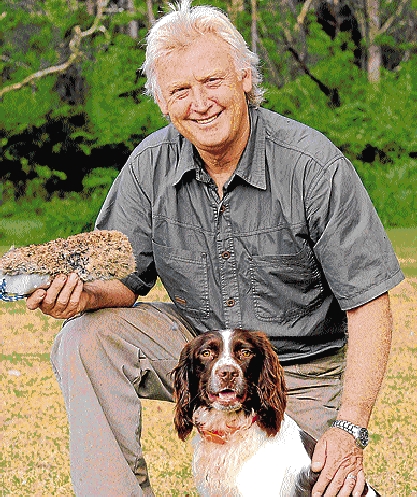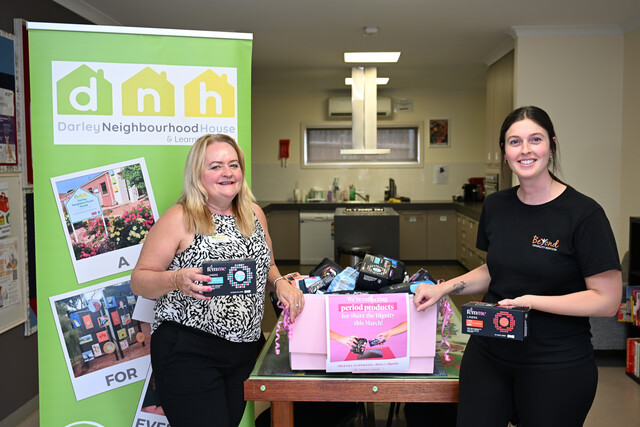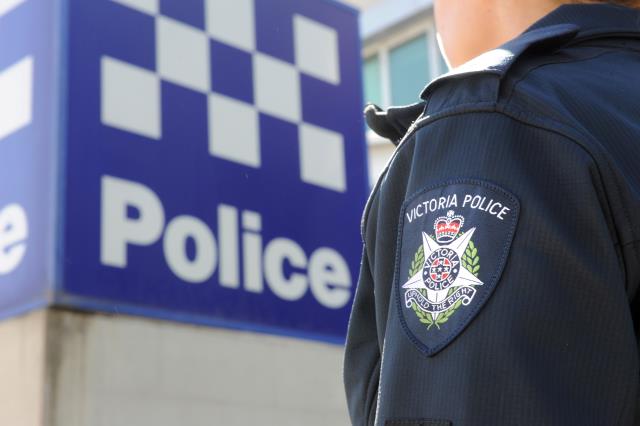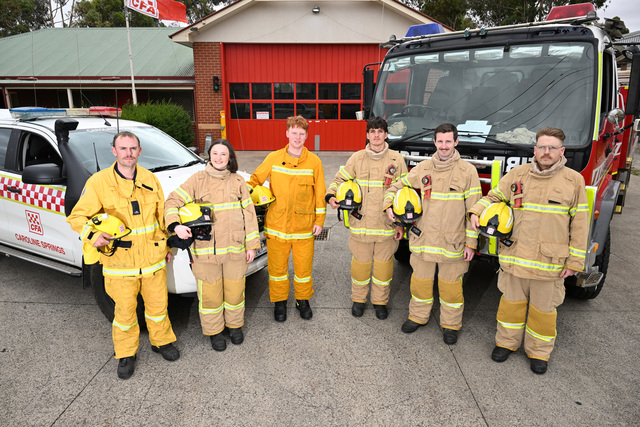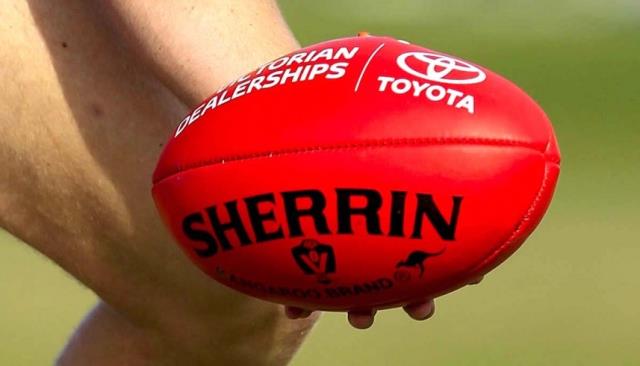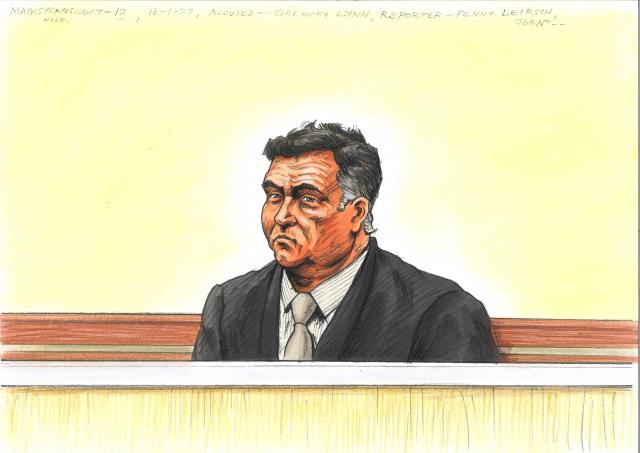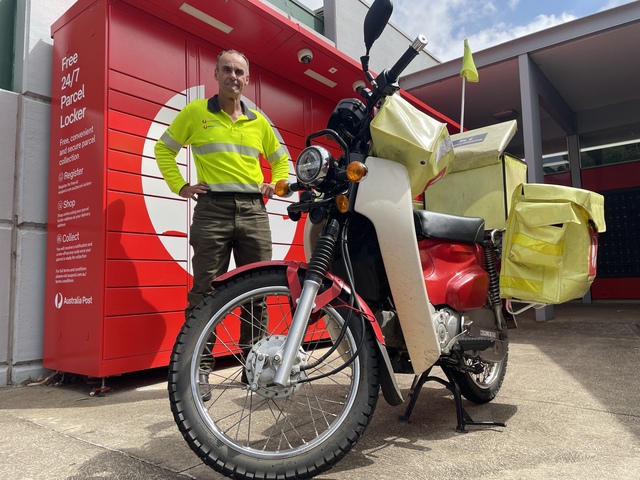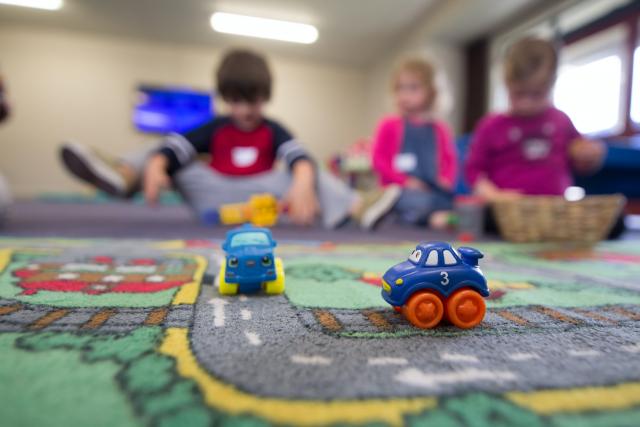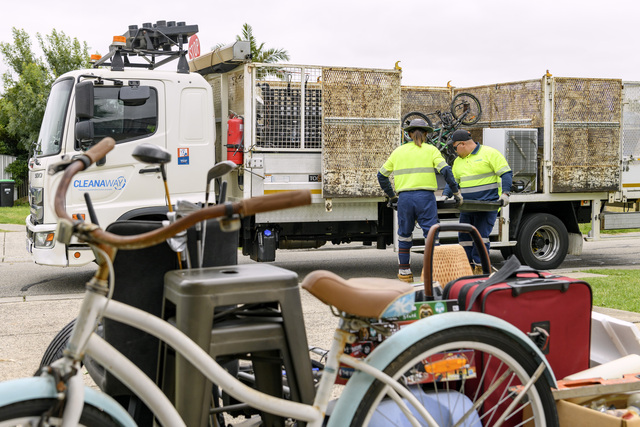ANDREW (not his real name) doesn’t venture out of his weatherboard home much these days.
The Australian Defence Force soldier, who lives on the fringes of Melbourne’s western suburbs, served in Iraq before returning home to his wife and six-year-old daughter about four years ago.
Although he wasn’t physically injured during his service, Andrew’s emotional scars run deep.
His anxiety is palpable. His palms turn clammy and he becomes tense when left alone in public.
John Jarrett, president of Young Diggers, a not-for-profit military support and welfare organisation, says Andrew’s symptoms characterise the emotional wounds of many returned servicemen and women.
“Unfortunately, these symptoms are the nature of the illness. War becomes a comfort zone where your mates protect your back, and it’s hard to come back into the real world,” he said.
“The military becomes their family and to come back to Australia and get separated from them is often so hard.”
Mr Jarrett, a Vietnam veteran, said about 10 to 12 per cent of returned soldiers suffered a mental illness as a direct consequence of their service.
He expects this figure to soar to 30 per cent in the next decade.
“These young fellas do it harder than we did,” he said.
“Everything happens so quickly now. [They’re] out on dusty highways with IEDs [improvised explosive devices] or roadside bombs going off.”
In the past three years, Young Diggers has assisted about 5000 returned servicemen and women and their families through its free support programs.
Two weeks ago, it recruited elite dog trainer Steve Austin to develop a companion dog program to help combat stress and physical and mental illness.
Mr Austin, who trains explosive-detection dogs for the Australian Army, will rescue dogs from pounds, train them, and then work with diggers once the dog has been re-homed.
“It’s a win-win situation, as a dog without a home gets a loving one. Some of these dogs are suffering stress disorders, too, like separation anxiety,” he said.
Three days ago, Mr Austin met Roxy, a German short-haired pointer without a home, who he thinks could be an ideal match for Andrew.
“She’s an affectionate and outgoing 5-year-old dog who loves companionship,” he said.
“These people have seen some horrific and horrendous situations and I believe a dog will be fantastic for them.
“For someone like Andrew, this dog will give them a purpose.
“When you walk a dog it’s a social thing – people approach you and barriers are broken down.”
Details: youngdiggers.com.au/dogs

